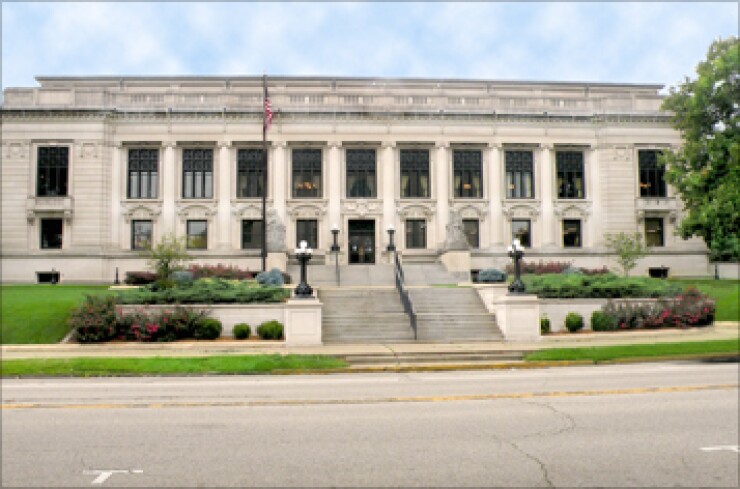
CHICAGO – Illinois' not-for-profit hospitals have dodged a bullet, at least temporarily, on the state's charity care requirements.
The five-year-old law that safeguards not-for-profit hospitals' local tax exemptions in exchange for meeting minimum charity and community care standards will stand, at least for now.
In a decision released Friday, the Illinois Supreme Court unanimously found that the appellate court improperly overturned the law, as it lacked jurisdiction to issue its ruling because various counts in the case were not dealt with in the lower court ruling.
"We conclude that the circuit court's entry ….in this case was improper and that the appellate court therefore lacked jurisdiction to review the circuit court's order granting plaintiff's motion for summary judgment on count II of the fourth amended complaint," the high court wrote. "Accordingly, we vacate the appellate court's decision in its entirety and remand this cause to the circuit court for further proceedings consistent with this decision.
The court stopped short of finding the law constitutional saying it was "premature" to make such a finding based on the litigation so far.
"Although the Illinois Health and Hospital Association hoped that the Illinois Supreme Court would address the constitutionality [of the law], we understand and respect the decision of the court to vacate the Fourth District Appellate Court decision in the Carle case on non-constitutional grounds," the association said in a statement.
The 2012 law was a compromise between the industry and the state that ended a state crackdown seeking to strip some hospitals of their exemptions for failing to provide sufficient free or discounted charity care. Hospitals' access to the bond market through the Illinois Finance Authority was also at stake.
Rating agencies had warned that the crackdown threatened ratings, while investors were demanding a trading penalty on some credits due in part to the fiscal threat.
The 2012 legislation governs how much charity care and other community benefits not-for-profit hospitals must provide to keep their property tax and sales tax exemptions. At the time, Moody's Investors Service called the development a credit positive.
Under the legislation, all not-for-profit hospitals were required to show that they provide sufficient qualified services at a level equal to or greater than their assessed property tax liability. The state for a long time had limited the charity care definition to free or discounted care rendered to a patient at the time of service.
As part of the legislation, hospital representatives won an expansive widening of the definition of charity care activities to cover community outreach and educational services, in-kind services, subsidized services, and the shortfall between the cost of providing a service and the amount compensated under Medicaid. The state challenge had no impact on hospitals' federal tax-exemption benefits, including the exemption on bond interest.
The new rules, however, did not remove the threat from local taxing bodies or resolve the city of Urbana's attempt to collect taxes from Carle Foundation, a nonprofit organization anchored by the 393-bed Carle Foundation Hospital in Urbana.
Struggling local governments like Urbana's have argued that some hospital properties are operated like corporations generating profits for the hospital and should be subject to taxes.
The hospital went to court to seek the exemption on tax years prior to passage of the legislation and prevailed at the Champaign County Circuit Court level. The taxing districts appealed and prevailed before the appellate court in arguing that the statute violated state constitutional language.
The Illinois 4th District Appellate Court found in its January 2016 ruling that the law is "unconstitutional on its face because it purports to grant a charitable exemption on the basis of an unconstitutional criterion, i.e., providing services or subsidies equal in value to the estimated property tax liability … without requiring that the subject property be 'used exclusively' for charitable purposes."
The state constitution says exemptions are permitted only if a property is used exclusively for charity while the law puts a value on the level of charitable care/community benefits to meet charitable standards.





